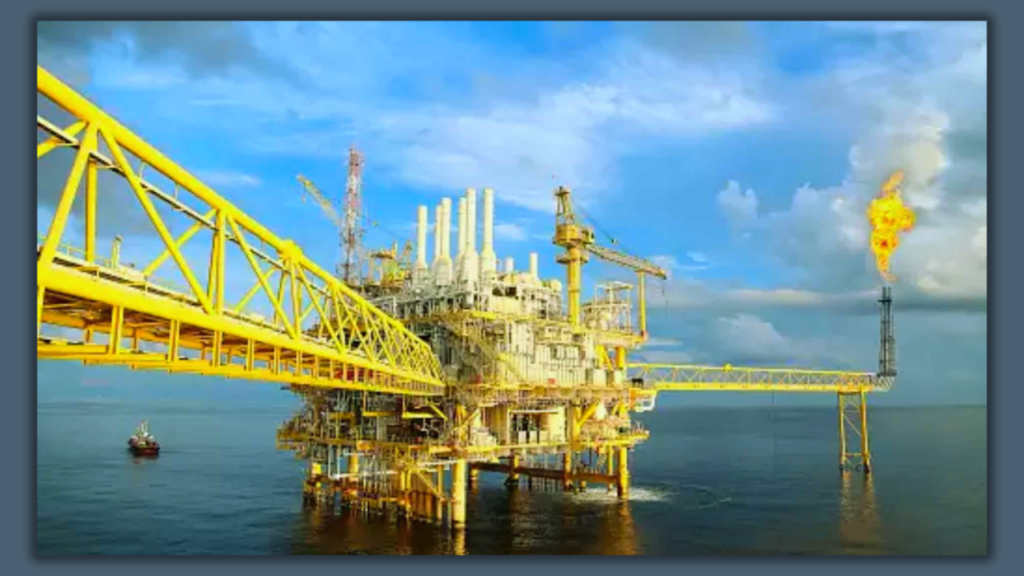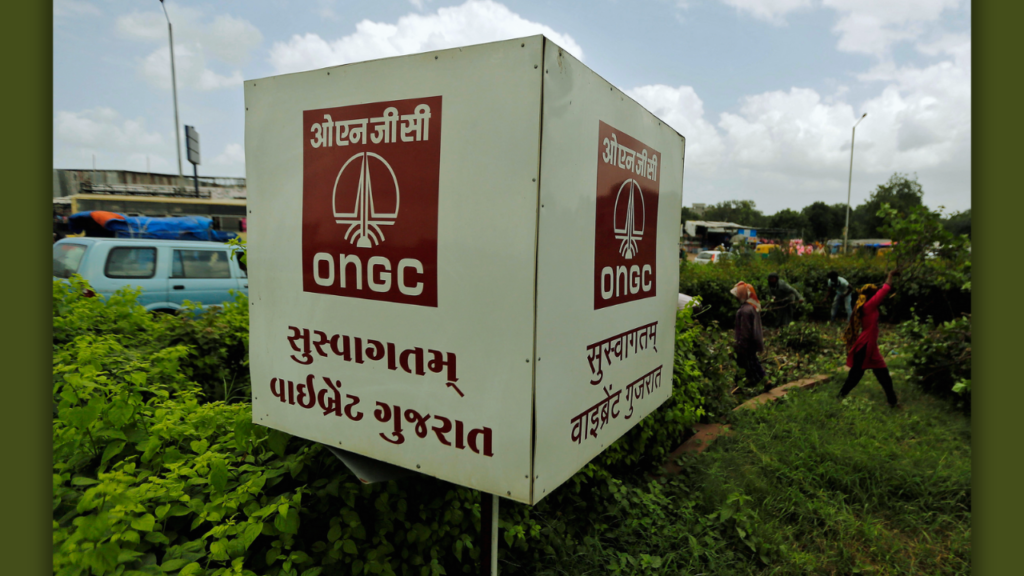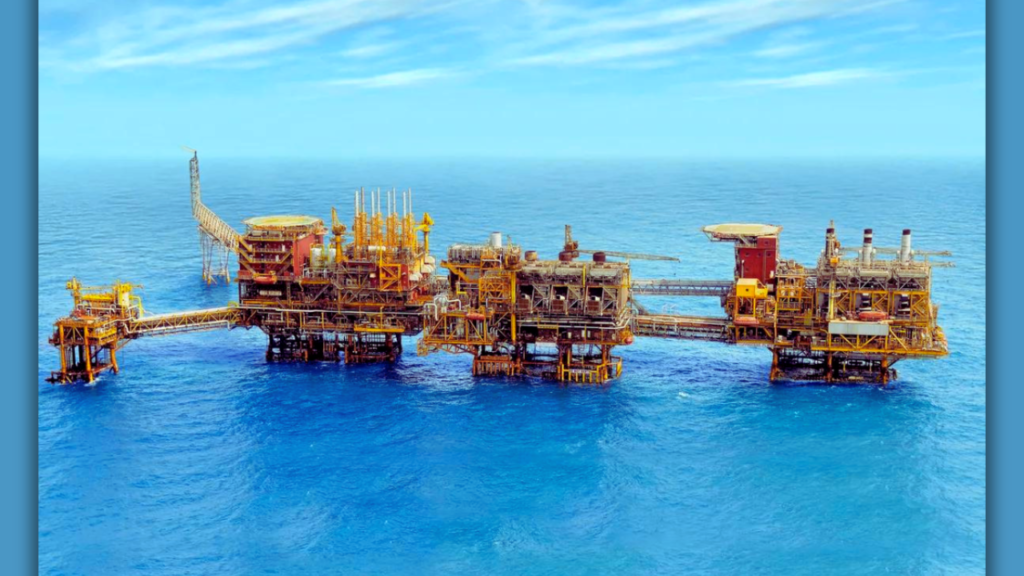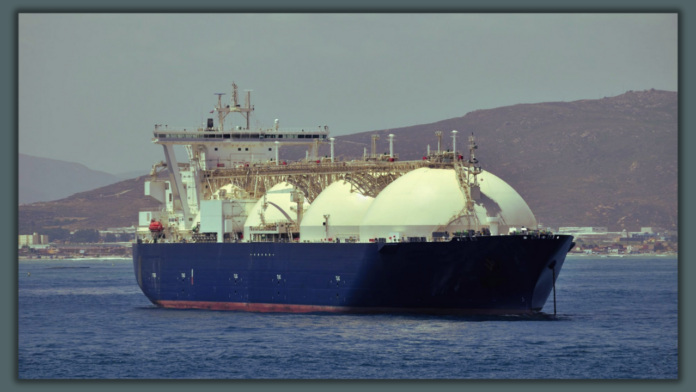To acquire vital information for reliable petroleum reservoir modeling, the Ministry of Petroleum had requested financial support to drill four stratigraphic wells in India’s Category II and III basins.
The Finance Ministry has approved an initial expenditure of Rs 3,200 crore by Oil and Natural Gas Corporation ongc share and Oil India Limited (OIL) for the purpose of drilling wells in open waters to explore for oil and natural gas due to a financing shortfall.
On behalf of the Ministry of Petroleum and Natural Gas, ongc share and OIL will carry out this work in accordance with the directives of the Expenditure Finance Committee (EFC), and they will initially be responsible for covering the well drilling costs.

The Ministry of Petroleum had requested funding in order to drill four stratigraphic wells in India’s Category II and III basins in order to gather vital information for reliable reservoir modeling. Usually, the Hydrocarbon Directorate conducts this kind of research with financial support.
Even though the Ministry’s hydrocarbon exploration had been approved by the Expenditure Department, the EFC, which was presided over by the Finance Secretary, decided that ongc share and OIL would pay for the campaign and that any losses incurred would be covered by general budgetary support.
Because the EFC indicated that financial constraints were a major concern and that the financial situation changed after the budget was presented, ongc share and OIL were given the initial expenditure responsibility.

According to officials, there was a notable surge in revenue-related expenses subsequent to the budget announcement, which was not anticipated in the original plan. There wasn’t much financial room as a result.
Thus, on behalf of the government, the EFC has mandated that “ongc share and OIL will undertake this work.” To locate the wells, they will enlist the assistance of experts from throughout the world. ongc share and OIL will pay for the well drilling expenses.
The winning bidders will cover the drilling costs if any discoveries are made. However, in the event that no discovery is made (in the case of dry wells), the government will cover 90% of the estimated cost through overall budgetary support, which comes to Rs 3,200 crore, or actual, whichever is lower.
It stated. In the event that a discovery is made and a block is granted under the open acreage licensing policy, the winning bidder will be entitled to receive 150 percent of the drilling costs associated with the wells that were investigated.
The worth of well data will fluctuate if no discoveries are made or if the well is discovered to be dry, allowing buyers of well data from the National Data Repository to recoup at least 10% of the expenditure.

The entire cost of drilling and the total recovery from drilling all four wells will be taken into account when calculating the unrecovered expenditure on drilling; the remaining amount will be regarded as unrecovered actual expenditure.
A committee led by the Petroleum Secretary will oversee this review of expenditures and work toward compensating both national oil companies. The committee will also include representatives from NITI Aayog and the Chief Cost Controller’s office.”
The committee’s recommendation will be forwarded to the Petroleum Minister, who will coordinate budgetary support with the Department of Economic Affairs’ budget division.
In order to encourage private operators to explore and extract from these wells, the main goal of these wells being drilled in India is to obtain stratigraphic data about the basin and determine the play system’s depth.
The study of rock layers, or strata, and layering, or stratification, is the focus of the geological field of stratigraphy. Rocks with layers and sediments are the main subjects of its application. In order to obtain possible regional trends that may provide elements of the depositional environment, it is utilized to prepare property maps.

